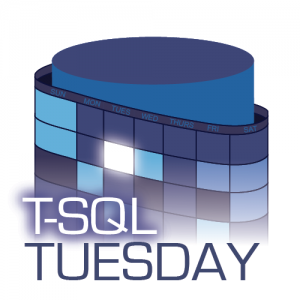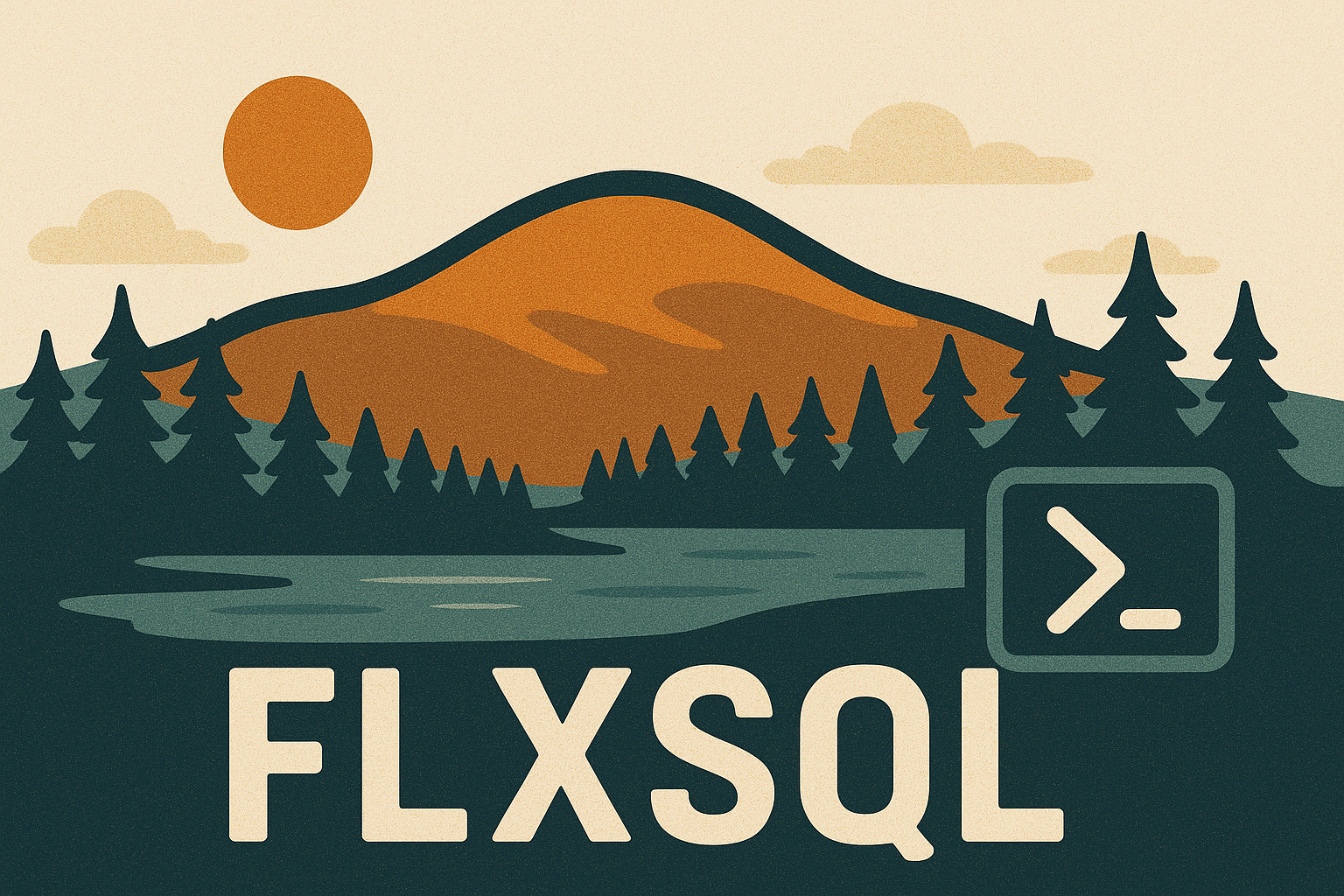T-SQL Tuesday #108 - Learning Tech Beyond SQL Server
Malathi Mahadevan (blog|twitter) is hosting this month’s T-SQL Tuesday, a monthly blog party for the SQL Server community.

Malathi has asked us to:
Pick one thing you want to learn that is not SQL Server. Write down ways and means to learn it and add it as another skill to your resume. If you are already learning it or know it – explain how you got there and how it has helped you. Your experience may help many others looking for guidance on this.
The timing for this works out well for me, as I’ll be working on my 2019 goals very soon and education is part of those. But right now, we’re kind of a homogenous shop, which makes stretching beyond SQL Server a bit more effort. I’m occasionally indecisive, so I’m going to throw out a few ideas of things to learn in 2019.
- Need to learn for work: Postgres on AWS. We have a pilot project starting up using this and eventually, my team will need to support it. So, we need to at least understand the basics - backup & restore, basic monitoring/troubleshooting.
- Want to learn on my own: A document database of some description. I’ll probably land on MongoDB due to convenience and cost (or lack thereof). Runner-up: DynamoDB.
- Stretch goal: I still don’t entirely get the concepts behind Docker or Kubernetes (although I’m close on Docker). I’ve tried to run SQL Server 2017 on my Mac via Docker, but Docker itself seems to make the machine unstable. Kubernetes is a complete mystery to me; I know a few people who are doing “stuff” with it, but haven’t talked with them about it yet.
But you may be asking “Andy, where’s Azure? CosmosDB is a document database on that platform. And PostGres is on Azure too, why not learn it there?” My shop is starting to do new work on AWS, so the opportunities are more available there and I can apply what I learn at work more readily. So it’ll cost me nothing out of pocket if I go with that or MongoDB. As for the learning plan:
- I’m going to have to do this one for work regardless, so step one will be setting aside time at the office to work through the AWS tutorials and documentation. Then set up a few test databases, throw some data in, and play around.
- I know we have a few MongoDB experts locally and a user group, so hopefully they can get me started in the right direction. I’ve got a Raspberry Pi 3B as well as a Pi Zero W that I can put to use here.
- Apparently one can run MongoDB on Docker with Kubernetes so maybe I can kill two birds with one stone? It could be an excuse to pick up a couple more Pis. Or maybe fire up some VMs on the rack mount server that’s been sitting in my basement for 5 years.
MongoDB & Docker/Kubernetes are completely new ground for me to cover, so just figuring out where and how to get started may be a challenge. By the time publishes, I may already be starting to read the MongoDB manual en route to PASS Summit - and I know I can talk to people about this stuff at Summit to get ideas on where to start.
Addendum
This post was written published early by accident. My reading of the MongoDB manual didn’t happen last Tuesday as I was not feeling well on my flight to Seattle.
